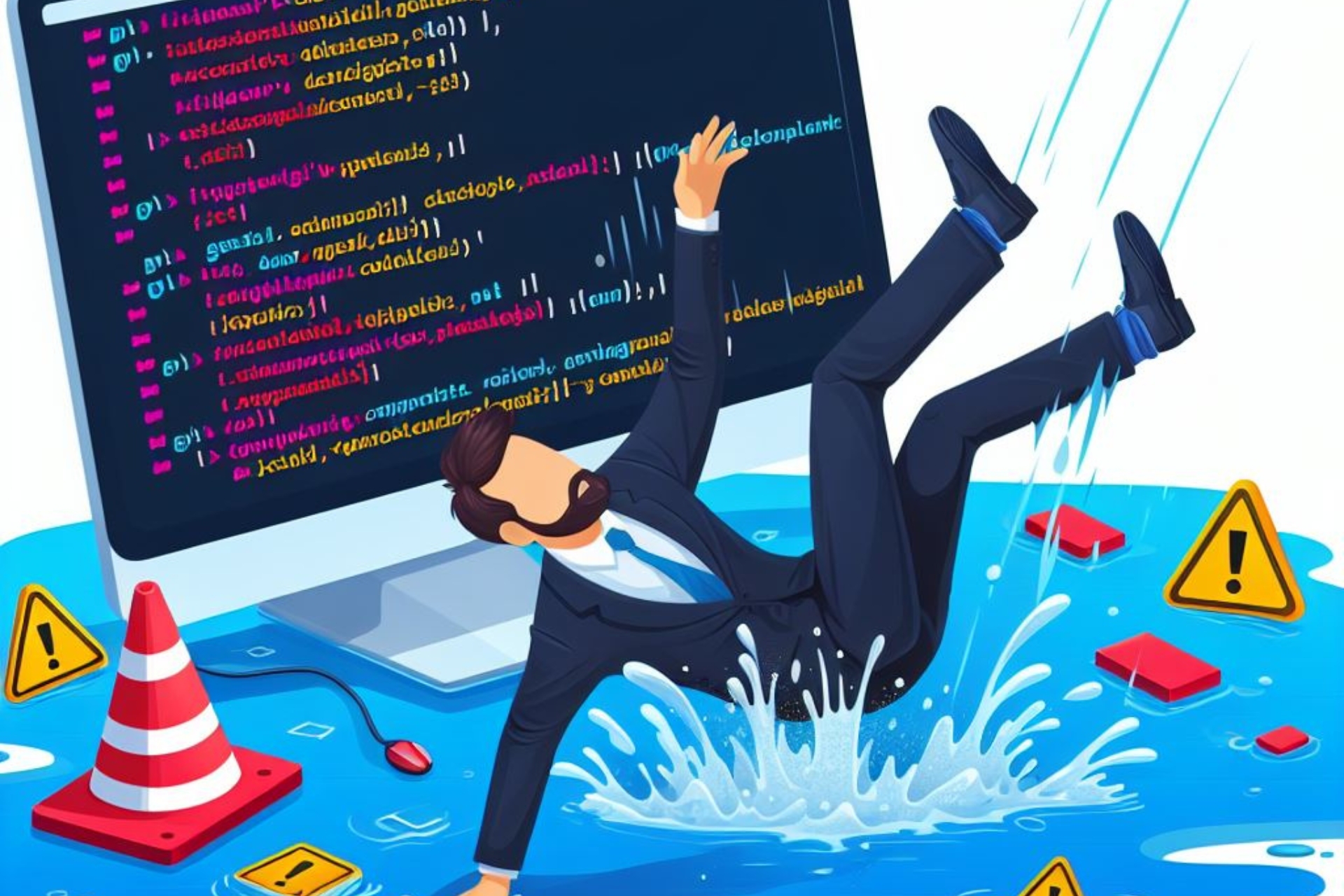
Common Coding Pitfalls and How to Avoid Them
In the exciting world of coding, beginners often encounter stumbling blocks that can hinder their progress and lead to frustration. From syntax errors to logical fallacies, these pitfalls are a natural part of the learning process. However, with the right strategies and mindset, aspiring coders can overcome these challenges and continue on their journey towards mastery. In this blog, we'll explore some of the most common coding pitfalls and provide practical tips on how to avoid them.
1. Syntax Errors:
Syntax errors occur when the code violates the rules of the programming language. These errors can range from missing semicolons to typos in variable names. To avoid syntax errors, it's essential to pay close attention to detail and double-check your code for any mistakes before running it.
2. Logic Errors:
Logic errors occur when the code produces unexpected results due to faulty logic or algorithm design. These errors can be tricky to detect since the code may run without throwing any error messages. To avoid logic errors, break down complex problems into smaller, more manageable steps and test each component of your code thoroughly.
3. Poor Code Organization:
Poorly organized code can make it difficult to understand and maintain. To avoid this pitfall, follow best practices for code organization, such as using meaningful variable names, commenting your code, and breaking down tasks into functions or modules.
4. Overcomplicating Solutions:
Beginners often fall into the trap of overcomplicating their solutions to coding problems. Instead of trying to write complex code from the start, focus on writing simple, readable code that solves the problem efficiently. Break down the problem into smaller subproblems and tackle each one separately.
5. Ignoring Error Messages:
Error messages are valuable feedback from the compiler or interpreter that can help you identify and fix issues in your code. Ignoring error messages or dismissing them without investigation can lead to persistent bugs. Always pay attention to error messages and use them as a guide to troubleshoot your code.
6. Not Testing Code:
Failure to test your code thoroughly before deployment can lead to unforeseen bugs and errors. Make testing a regular part of your coding process by writing unit tests for individual functions and conducting comprehensive integration tests before deploying your code.
7. Lack of Documentation:
Good documentation is essential for understanding and maintaining code, especially in collaborative projects. Take the time to document your code by providing comments, writing clear function and variable names, and explaining the purpose of complex algorithms.
8. Relying Too Much on Copy-Pasting:
While copy-pasting code snippets from the internet can be helpful, relying too heavily on this practice can hinder your learning and lead to code that you don't fully understand. Instead of blindly copying code, take the time to understand how it works and adapt it to suit your specific needs.
9. Not Seeking Help When Needed:
Coding can be challenging, and it's okay to ask for help when you're stuck. Whether it's consulting documentation, reaching out to online forums, or seeking guidance from more experienced programmers, don't hesitate to seek help when you need it.
10. Losing Motivation:
Coding is a journey filled with ups and downs, and it's easy to lose motivation when faced with difficult challenges. Remember that setbacks are a natural part of the learning process and don't be discouraged by failure. Stay persistent, stay curious, and celebrate your progress along the way.
Conclusion:
In conclusion, coding pitfalls are an inevitable part of the learning journey, but they don't have to derail your progress. By being mindful of common pitfalls and adopting proactive strategies to avoid them, you can become a more confident and proficient coder. Embrace challenges as opportunities for growth, seek help when needed, and never stop learning. With dedication and perseverance, you'll navigate the coding maze and emerge stronger on the other side. Happy coding!






(0) Comment